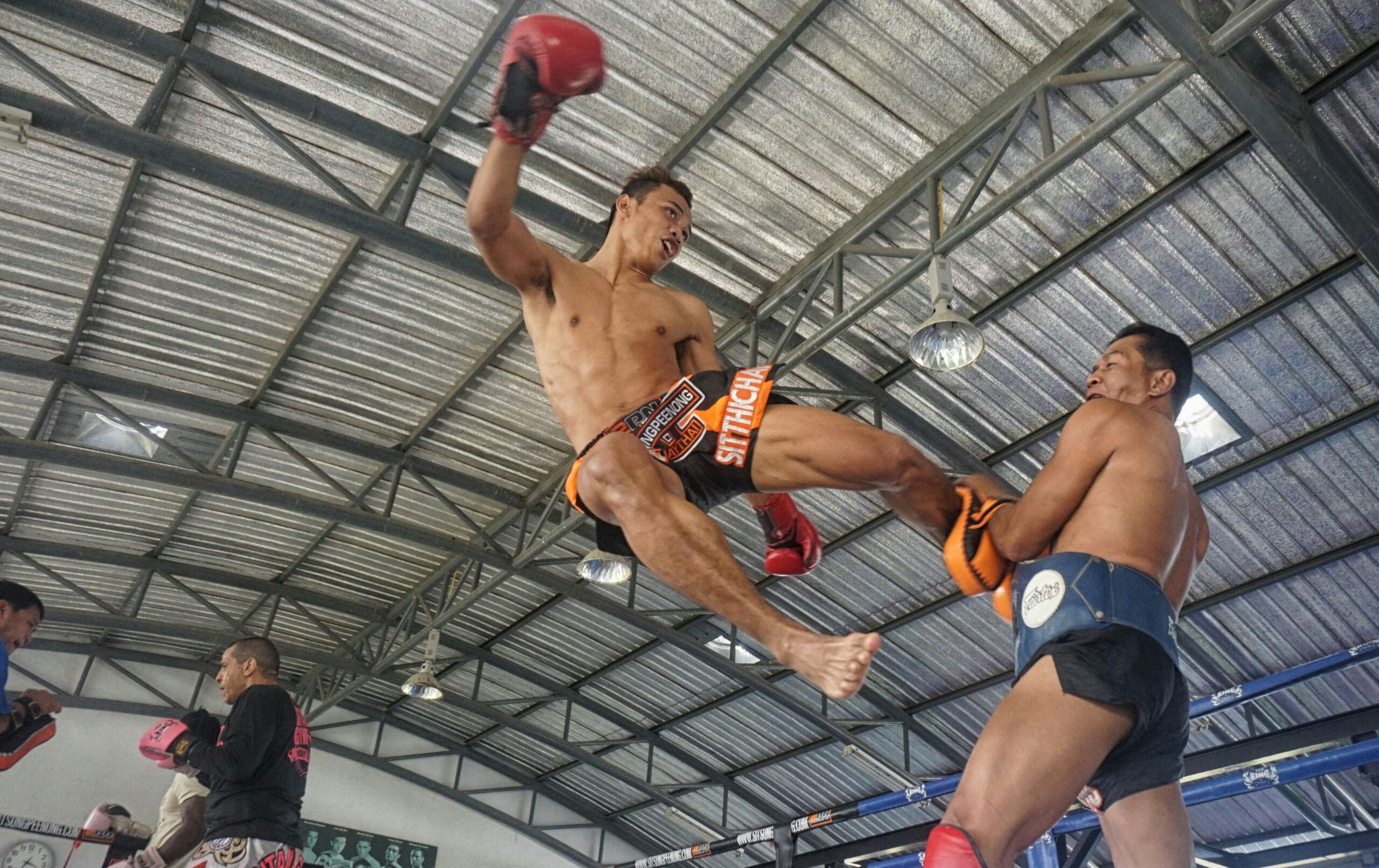
Muay Thai is an incredibly physically demanding sport requiring mental and physical stamina. Fighters are pushed to their limits, enduring grueling training sessions that build strength, agility, and technique. However, with high-intensity training comes the risk of burnout, leading to decreased performance, injuries, and loss of motivation. Understanding how to avoid burnout while maximizing the benefits of Muay Thai training is crucial for long-term success. Here’s how to prevent burnout and maintain energy, focus, and motivation.
Balance Intensity with Recovery
One of the most important strategies for avoiding burnout is balancing high-intensity training with sufficient recovery. Muay Thai can be physically taxing, and your body needs time to repair and rebuild muscle tissue. Without proper rest, you risk overtraining, leading to fatigue, reduced strength, and increased injury risk.
Ensure your training program includes rest days and lighter, active recovery sessions. Stretching, yoga, and low-intensity activities like walking or swimming are great options for helping your muscles recover without putting additional strain on them. Incorporating proper sleep hygiene into your routine is essential, as quality sleep is when your body repairs and replenishes energy stores.
Listen to Your Body and Adjust When Needed
Muay Thai fighters often push themselves to the limit, but listening to your body’s signals is essential. Ignoring signs of fatigue, soreness, or mental exhaustion can lead to long-term burnout and setbacks in training. If you notice any physical discomfort, taking a step back and assessing whether you need rest or a lighter training load is essential.
It’s also essential to recognize when mental fatigue is setting in. Mental burnout is just as damaging as physical exhaustion and can lead to a lack of motivation and focus. Taking short breaks, adjusting your training schedule, or incorporating relaxation techniques like meditation can help restore mental clarity and motivation. Flexibility in your training plan is key—adapting to your body’s feelings will ensure sustainable progress without risking burnout.
Vary Your Training to Stay Engaged
One of the leading causes of burnout in Muay Thai training is the repetitiveness of specific drills. While repetition is essential for mastering techniques, sticking to the same routine daily can lead to boredom and mental exhaustion. To keep training fresh and engaging, mix up your workouts by incorporating different drills, such as sparring, heavy bag work, shadowboxing, and pad work.
Strength and conditioning exercises should also be included to build endurance and prevent overuse injuries. Cross-training, such as swimming, running, or cycling, can help develop different aspects of fitness and allow you to rest certain muscle groups. By diversifying your training regimen, you’ll avoid burnout and improve your overall performance in the ring.
Set Manageable Goals and Celebrate Progress
Setting realistic goals is a powerful way to avoid burnout. Overly ambitious, challenging goals can lead to frustration, stress, and burnout. Instead, break your larger goals into smaller, achievable milestones. These smaller goals will give you a sense of accomplishment and help you stay motivated.
For example, you aim to improve your footwork, increase your punching power, or enhance your conditioning over a specific period. Celebrate small wins—mastering a new technique or completing a tough training session. Recognizing your progress, no matter how small, will keep you motivated and prevent burnout caused by frustration or unrealistic expectations.
Fuel Your Body for Maximum Performance
Nutrition is vital in preventing burnout and maintaining energy levels throughout high-intensity training. Muay Thai fighters require a balanced diet to fuel their intense workouts and recover effectively. A well-rounded diet with lean proteins, complex carbohydrates, and healthy fats provides the energy and nutrients needed for performance and recovery.
Carbohydrates are particularly important for sustaining energy during long training sessions, while protein helps repair and build muscle after intense workouts. Healthy fats, such as those in avocados, nuts, and seeds, provide sustained energy and support joint health. Don’t forget to stay hydrated—dehydration can lead to fatigue and poor performance. Drink water consistently throughout the day and replenish electrolytes after intense workouts to prevent dehydration.
Focus on Mental Resilience
Muay Thai is as much a mental game as a physical one. Mental resilience plays a huge role in staying motivated and avoiding burnout. Training your mind to stay focused, positive, and resilient under pressure is essential for overcoming fatigue and setbacks.
Incorporate mental training techniques like visualization and mindfulness into your routine. Visualize yourself performing techniques flawlessly or overcoming challenges in the ring. Practice staying calm and composed in high-pressure situations, training, and competition. Meditation or deep breathing exercises can help you manage stress and maintain a focused mindset. By strengthening your mental resilience, you’ll be better equipped to handle the demands of intense training without succumbing to burnout.
Avoiding burnout in high-intensity Muay Thai programs requires a holistic approach that includes balancing training with recovery, listening to your body, varying your routine, setting realistic goals, fueling your body correctly, and building mental resilience. By maintaining this balance, you can stay motivated, perform at your best, and prevent the physical and mental exhaustion that can hinder your progress. Muay Thai is a long-term journey; you can continue growing as a fighter with the right strategies while avoiding burnout.